Are you looking for juices to lower blood sugar? Here we tell you how to make some potentially useful ones and what you need to know about the subject.
It’s worth noting that these drinks aren’t magic. That is, they should be accompanied by a healthy diet and habits to maintain healthy blood sugar levels. But we’ll talk about this later.
Where do we start?
Juices to lower blood sugar – Recipes / Preparations
You can drink a different one each day to consume different nutrients.
If you’re interested, later we’ll explain you how the ingredients work.
Notes:
- It’s recommended to blend the ingredients and don’t filter anything in order to consume most of the available fiber.
- Also, you should wash the food to avoid possible dirt.
Let’s go with the recipes!
Properties and benefits of the ingredients
First, we should make a few general remarks about some key nutrients.
- Carbohydrates: According to studies, reducing their intake to 20 g, 50 g or less per day may help reduce blood sugar levels in people with diabetes.
- Fiber: According to experts, it slows down the digestion and absorption of carbohydrates, which may help prevent blood sugar spikes. Anyway, remember to avoid overeating sweet fruits or carbohydrate-rich foods, especially if you’ve diabetes.
- Antioxidants: According to a study published in 2012, antioxidants (such as vitamins C and E) may help reduce problems caused by hyperglycemia (excessive sugar in the blood).
- Magnesium: In a study published in 2019, this compound was shown to reduce insulin resistance and improve glycemic control indicators in patients with type 2 diabetes.
- Water: According to research, a low intake of this substance may be related to hyperglycemia. Several of the foods in this article are high in water, so they may help maintain healthy glucose levels.
Next, some properties / benefits of each ingredient.
Note: We’ve taken nutritional information from the United States Department of Agriculture.
Acidic fruits
- Lemon juice: Helps slow down the conversion of starch to sugar. This means that it may lower the glycemic index of the other ingredients in the juice being prepared.
- Kiwi: According to studies, this food has a tendency to reduce glucose levels, but showed no significant effects. Just 1 kiwi (75 g) contains 2.25 g of fiber, 12 g of magnesium and 56 g of vitamin C, among other nutrients.
Other fruits
- Apple and pear: According to a review published in 2019, consumption of these foods may be related to a lower risk of cardiovascular accidents and type 2 diabetes. One medium apple (200 g) contains 4.8 g of fiber, 27.6 g of carbohydrates, 85% water, antioxidants and more nutrients. On the other hand, a pear (180 g) has 84% water, 5.58 g of fiber, 27.4 g of carbohydrates and antioxidants, among other compounds. Although carbs may increase blood sugar levels, based on what we saw earlier, fiber may help to balance them.
- Cucumber: It has 95% water, few carbohydrates (3.63 g per 100 g) and antioxidants (vitamins C and E), among other nutrients.
- Papaya: 100 g have 60.9 mg of vitamin C, 88% water, 21 mg of magnesium and 1.7 g of fiber.
Vegetables in juices to lower blood sugar
- Celery: It’s one of more than 1,200 plants with hypoglycemic effect (lower blood glucose levels). In a 2014 study, this food had a positive effect on blood sugar levels in people with prediabetes who consumed 250 mg of celery leaf extract, 3 times a day, for 12 days. As for its nutritional content, a 120 g cup of celery contains 95% water, almost 2 g of fiber, 13 mg of magnesium and 3.7 mg of vitamin C, among other nutrients.
- Nopal: According to a study, this food could reduce blood glucose after eating and increase antioxidant activity in healthy people and patients with type 2 diabetes. One cup (86 g) of nopal has 95% water, almost 2 g of fiber, 44 mg of magnesium and 8 mg of vitamin C (antioxidant), among other nutrients.
- Chard: According to a study with animals, the extract of this plant could have a protective effect on the liver of diabetics. As for its nutritional information, a cup of chard (36 g) contains 92.7% water, 0.5 g of fiber, 29 mg of magnesium and 10.8 mg of vitamin C, among other compounds.
- Spinach: It has 91% water and fiber (2.2 g per 100 g). Also, it includes 79 mg of magnesium, 28 mg of vitamin C and 2 mg of vitamin E every 100 g.
Herbs and spices
- Mint: This plant was shown to have hypoglycemic properties in diabetic rats.
- Parsley: It has also been shown to reduce blood glucose levels in animals with diabetes. As for its compounds, a cup of parsley (60 g) provides 88% water, almost 2 g of fiber, 30 mg of magnesium and almost 80 mg of vitamin C.
- Ginger: In a 2015 study, powdered ginger was shown to help improve fasting blood sugar levels in type 2 diabetes patients.
- Cinnamon: According to a study published in 2019, consumption of cinnamon may also help keep blood glucose within normal range. A single tablespoon of cinnamon (7.8 g) contains 4.14 g of fiber, among other nutrients.
Other plants and vegetables
- Beet: In a human study published in 2014, beetroot juice was found to cause significant suppression of post-meal blood glucose. A cup of this vegetable (135 g) contains 87.6% water, 3.78 g of fiber, 31 mg of magnesium, and 6.62 mg of vitamin C.
- Carrot: A medium carrot (60 g) contains 1.68 g of fiber and few carbohydrates (5.75 g), among other compounds. Therefore, based on what we saw above, this food can also help slow down the absorption of carbs.
Seeds and cereals
- Chia seeds: Their high fiber content may help control diabetes and prevent blood sugar spikes, among other benefits. One tablespoon (9 g) contains 2.46 g of fiber and 35 mg of magnesium.
- Flaxseeds: A tablespoon (9 g) includes 35 mg of magnesium and 2.46 g of fiber, just like chia seeds.
- Oats: This food showed positive results in glucose levels, lipids, and insulin sensitivity in patients with type 2 diabetes. One tablespoon of oats (10 g) contains 1 g of fiber and almost 14 mg of magnesium, among other nutrients.
What sweetener can I use to keep sugar at healthy levels?
You can add a little stevia to your sugar lowering juices.
This is a healthy and natural sweetener that, according to a study published in 2020, wouldn’t have a significant impact on blood sugar levels. But be careful, you shouldn’t overconsume any sweetener.
Other foods to include in sugar lowering juices
Here’re some other ingredients that may be useful for your smoothies or meals.
- Walnuts: In a study published in 2018, walnut eaters showed a lower risk of diabetes than non-eaters.
- Broccoli: Its extract showed positive results on blood glucose levels in diabetic rats. A cup of this plant (90 g) contains 89% water, 2.34 g of fiber, 18.9 mg of magnesium and antioxidants (80.3 mg of vitamin C and 0.7 mg of vitamin E), among other nutrients.
The variety and balance of nutrients are key to a healthy life. Therefore, as we said before, it’s important to consume different juices and foods suited to your body and goals.
More key tips
Here’re some tips for effective and long-lasting results.
- Diet: As a starting point, it’s essential to avoid excessive sugar / carbohydrate consumption and incorporate healthy foods into the diet. Ideally, follow a diet plan that’s appropriate for your body and designed by a nutritionist.
- Exercise: Regular physical activity has been shown to help achieve and maintain healthy glucose levels, among other benefits.
- Water: According to Dr. Ruopeng An, of the University of Illinois, drinking water increases feelings of satiety, so it can replace drinks with high calories and added sugar. Also, as we saw before, dehydration could lead to hyperglycemia (high glucose or blood sugar levels).
- Medications: Often remedies are necessary to help regulate sugar. You should consult your doctor for the best option for your body.
Juices to lower blood sugar: Final notes
In case of allergy symptoms or malaise after consuming any of the drinks or foods in this article, you should stop doing so and visit your doctor. Our opinions aren’t a substitute for those of a qualified health professional.
You can subscribe here to receive updates.


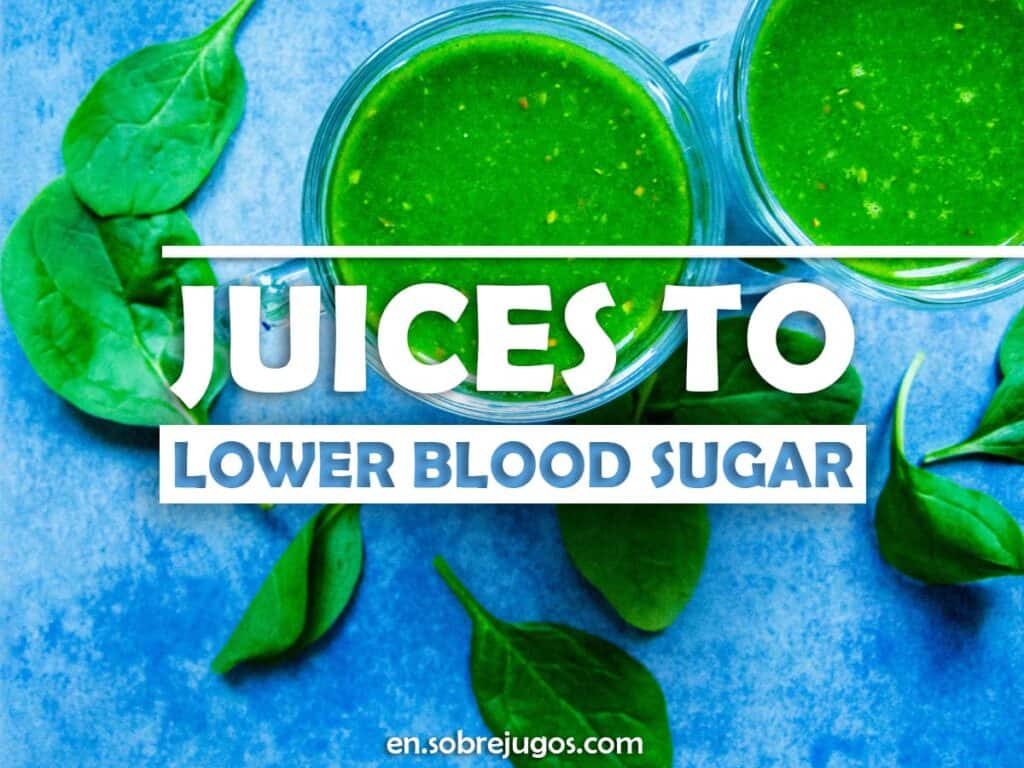
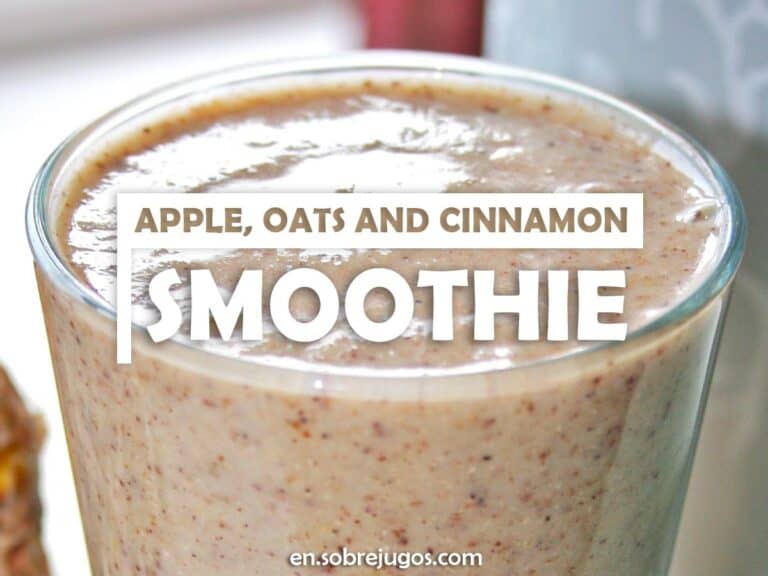
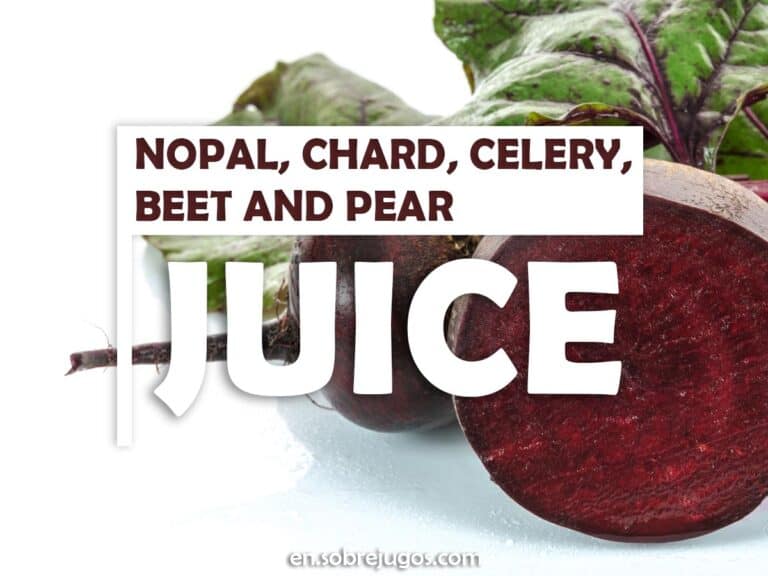
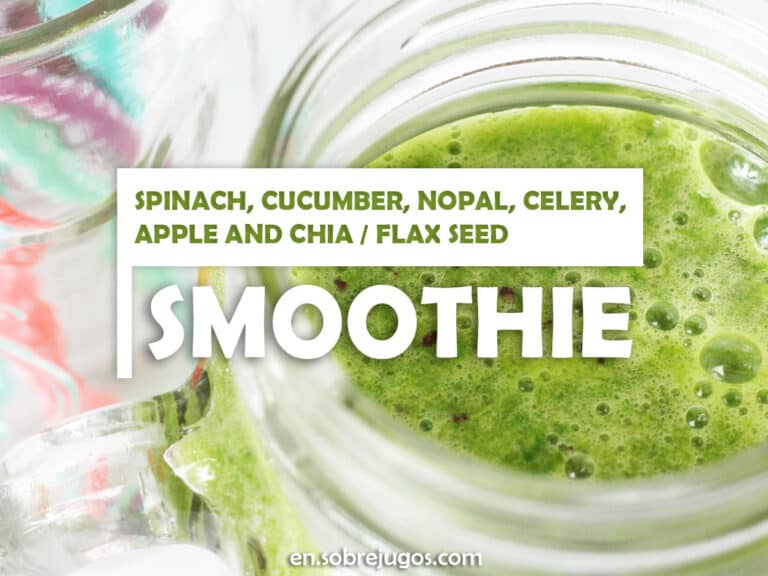
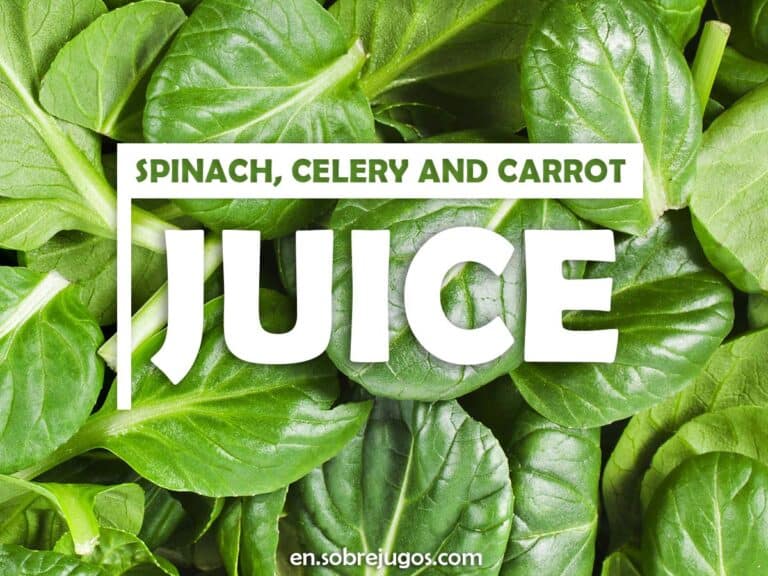
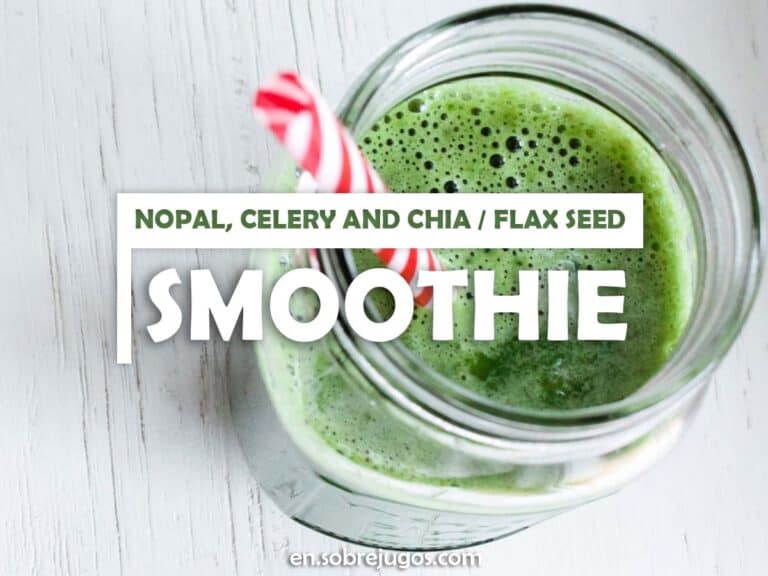
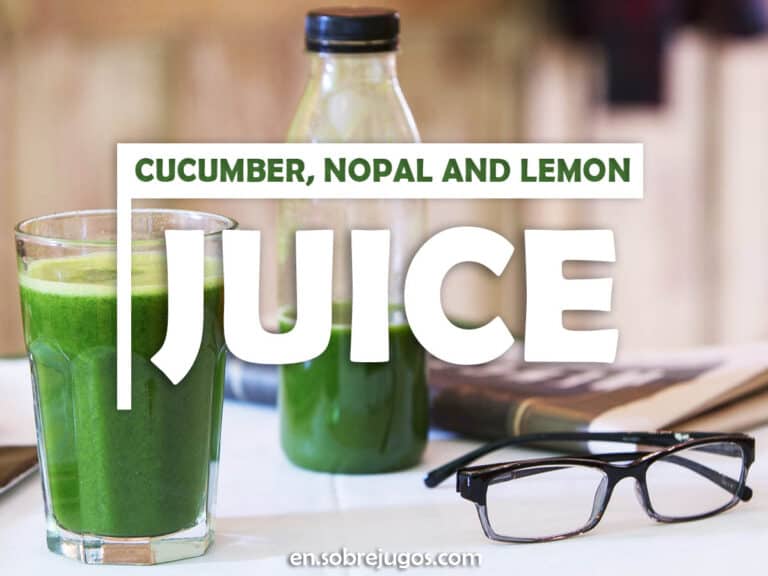
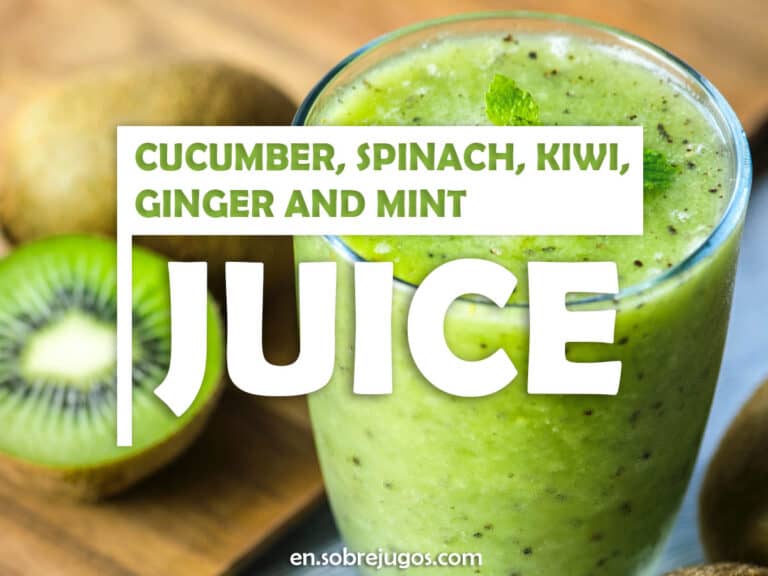
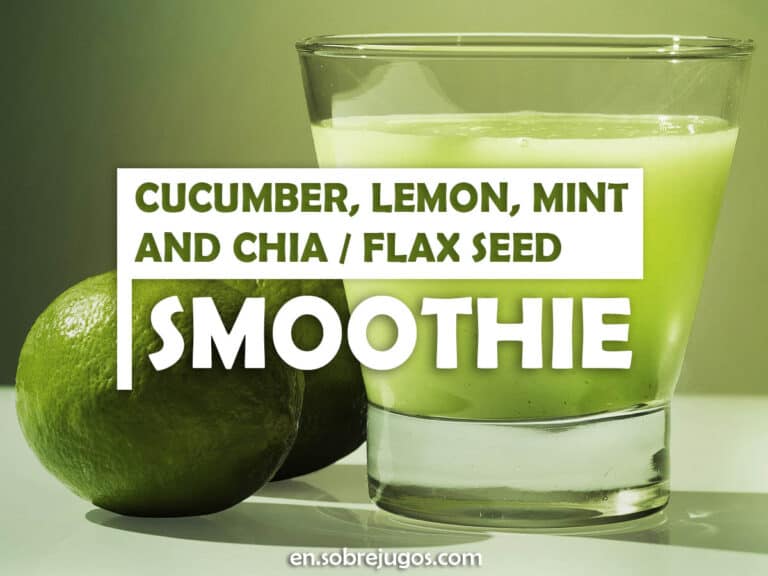
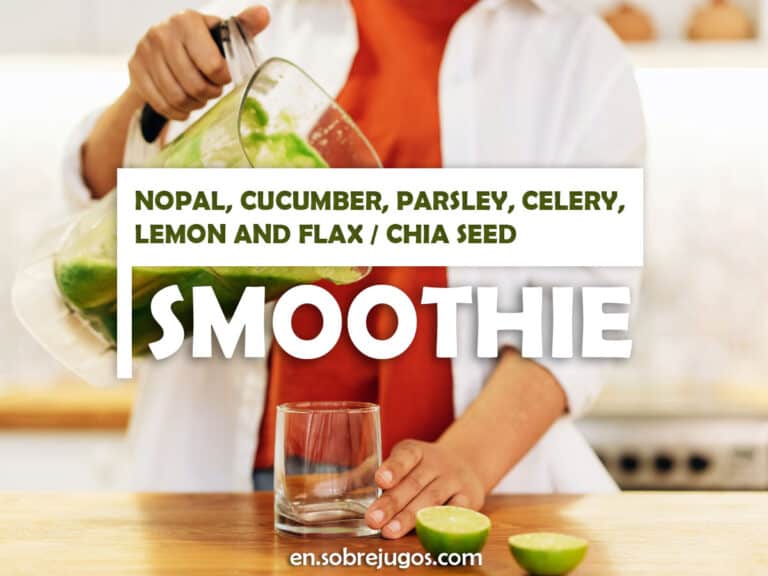
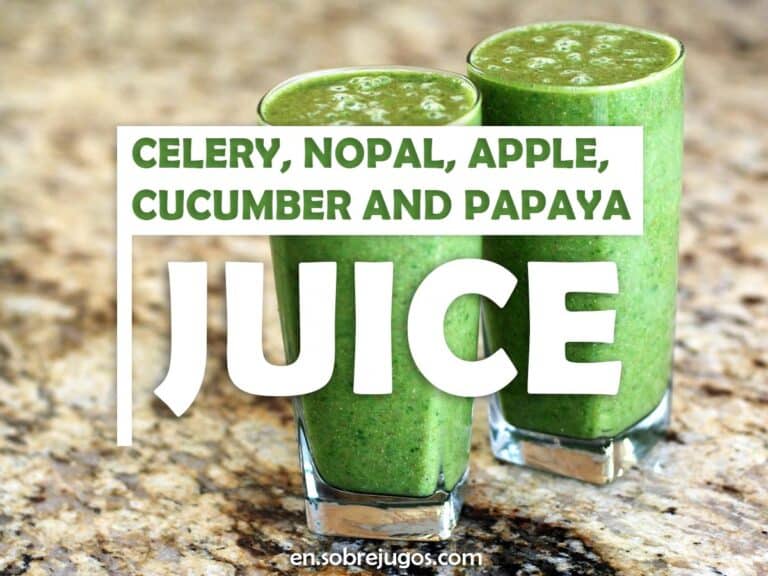
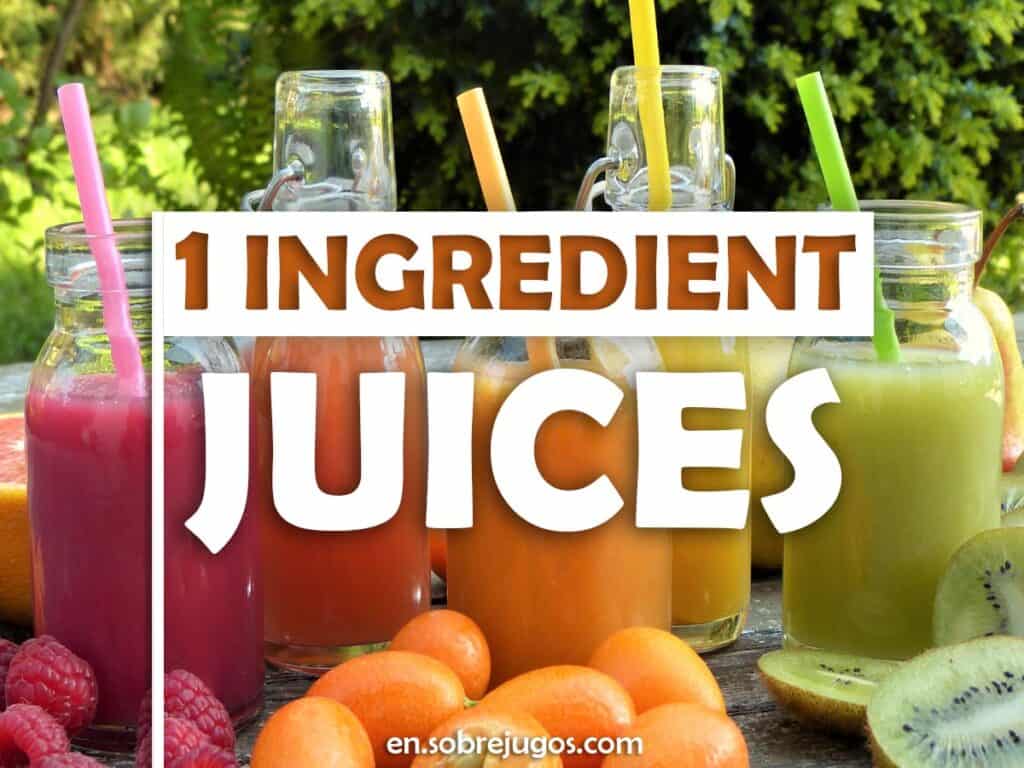
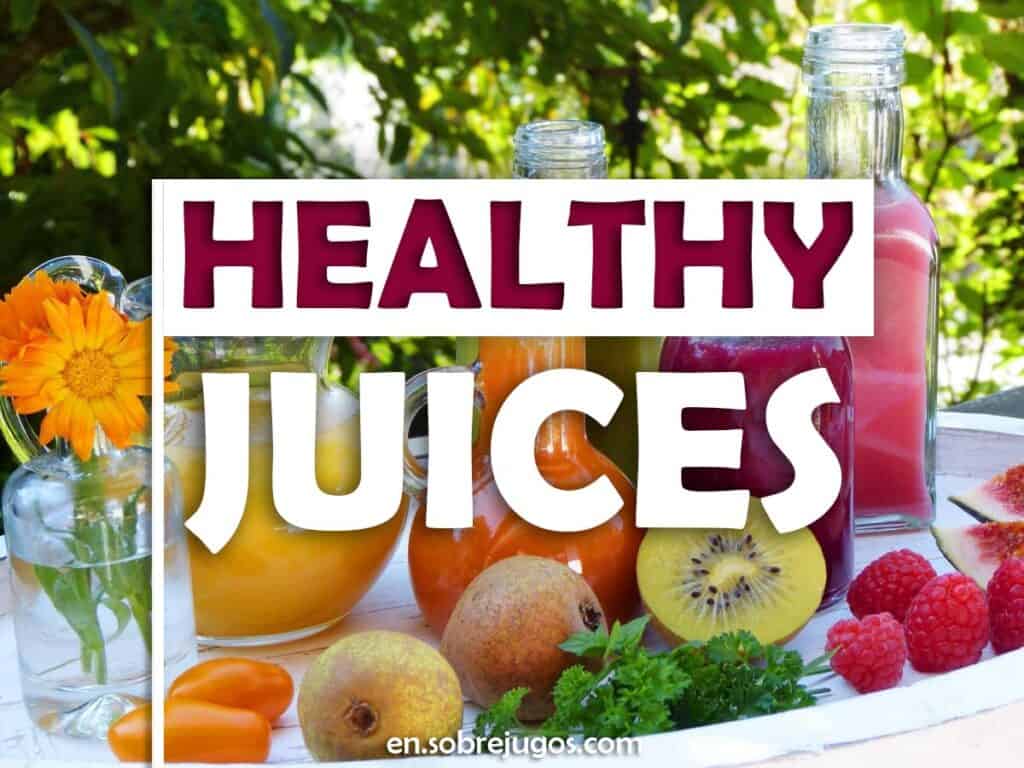
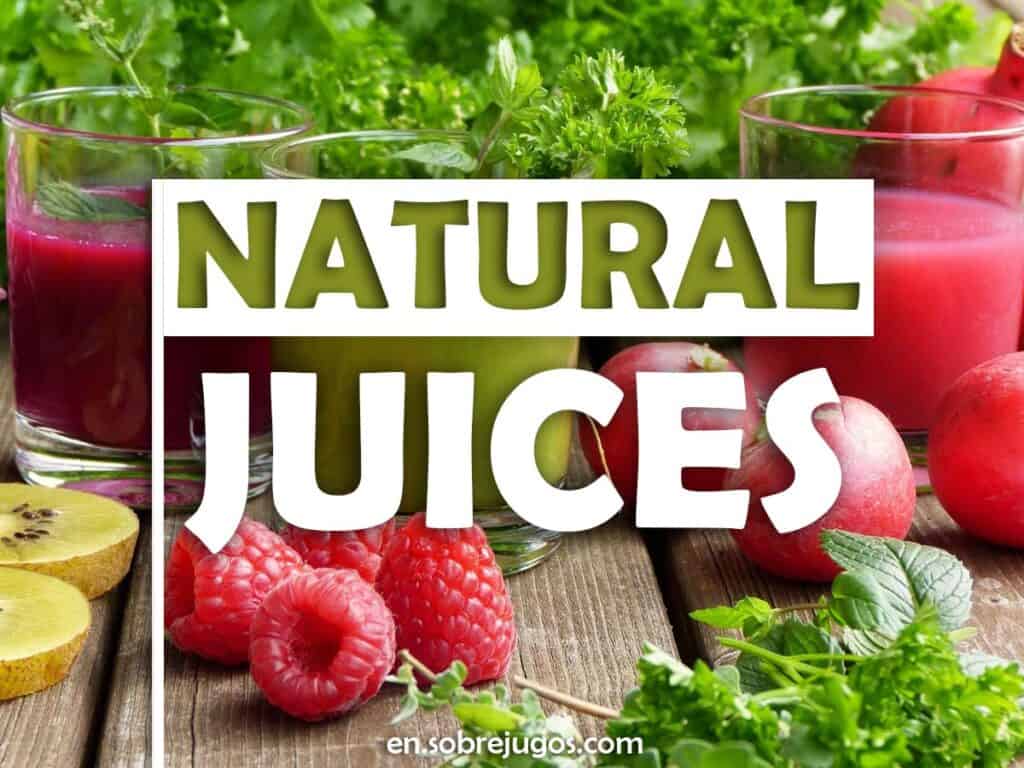
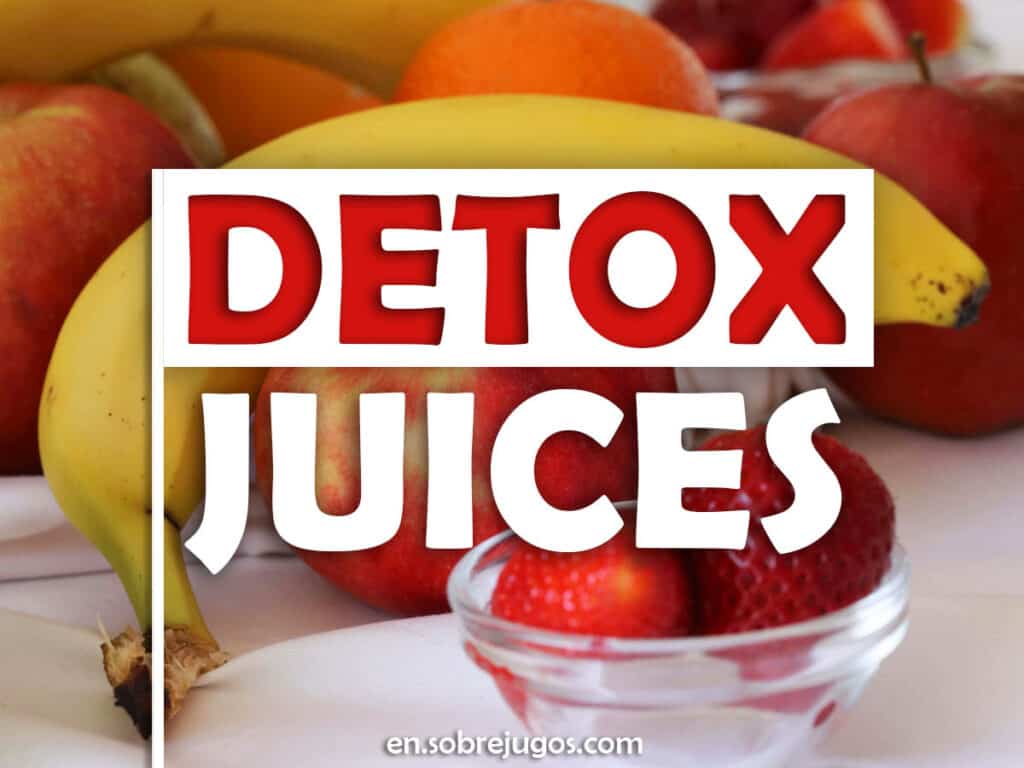
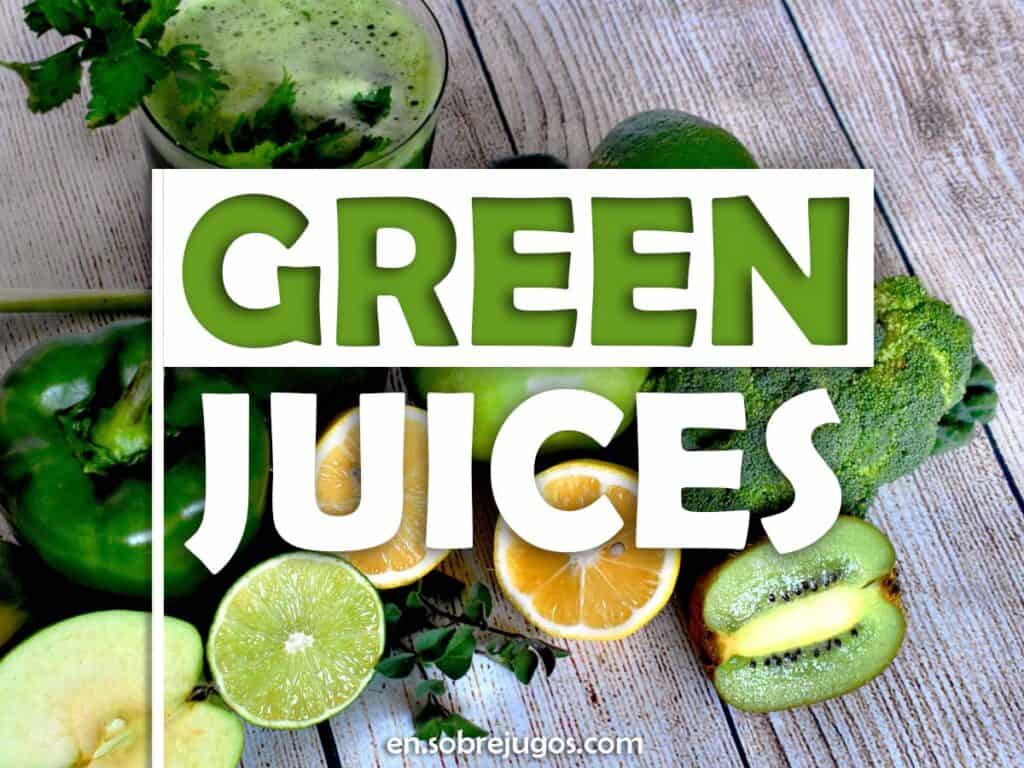

Want to know when we upload new content?
Enter your email address here to get notified.